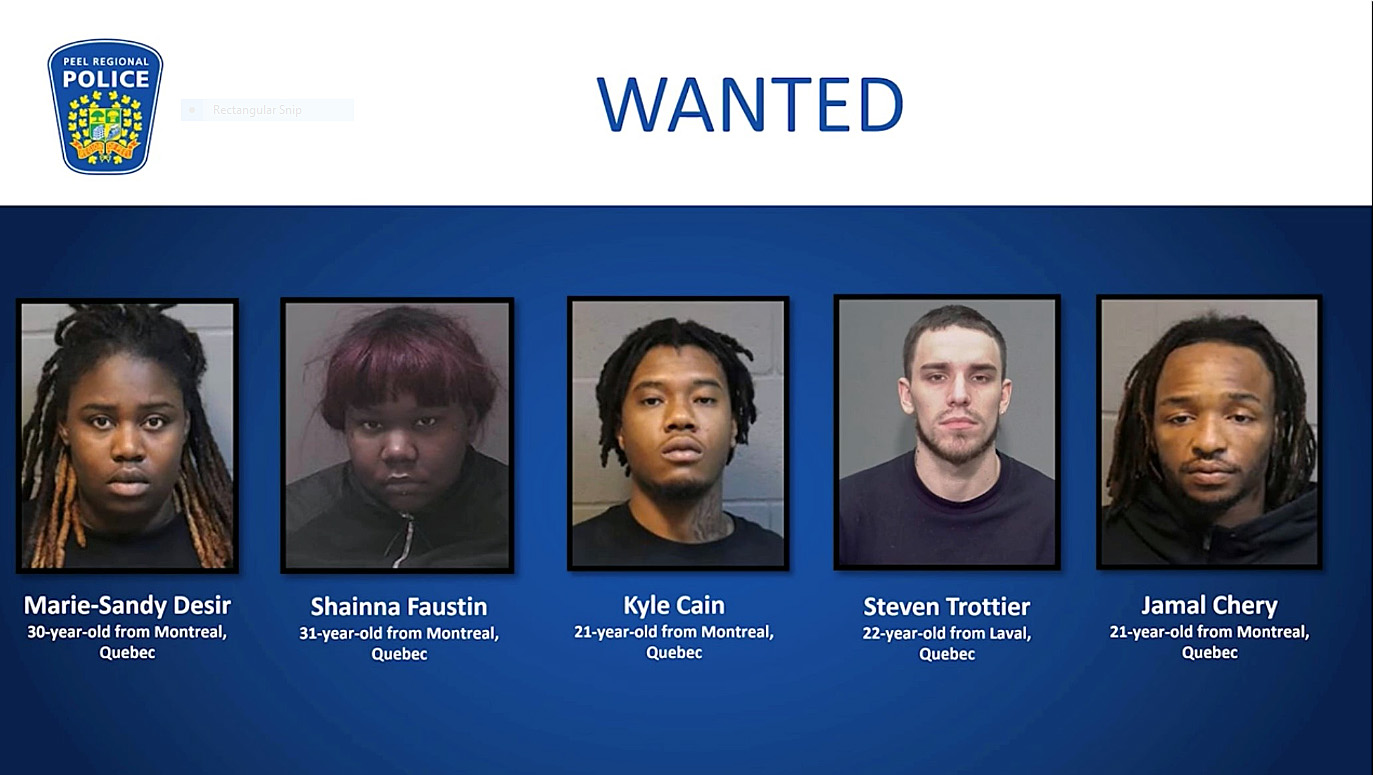Travel
Worried about Toronto’s back-to-school traffic? Here’s what’s being done to ease congestion

More Canadians are commuting to work than this time last year, according to a new report.
So, as back-to-school approaches and traffic worsens, here’s a look into how commuter behaviours are shifting and an insight into what’s being done to mitigate congestion in Toronto.
New figures from Statistics Canada suggest there are now 16.5 million commuters across Canada, a 3.7-per cent increase from the previous year and that Toronto has the longest commuting time of all major Canadian cities of 33.3 minutes, followed by Oshawa and Hamilton with travel times of 32.6 minutes and 30.6 minutes, respectively.
Moreover, in Toronto, 71.2 per cent of commuters travel by car, van or truck, while the share relying predominantly on public transit is 22.7 per cent.
Nonetheless, a study by IQ offices says workers are still keen to go into the office.
Its data indicates that 43 per cent of Canadians say they prefer working in-office full time or in a hybrid capacity compared to fully remote positions.
However, 42 per cent say the ease of their commute is a significant factor in determining their work location.
The TTC announced in a statement on Tuesday that it is working to address said concerns by extending its services.
On Sept. 3, the TTC will offer more than 100 extra scheduled bus trips and launch a year-long pilot program for free transit for Grade 7-12 student field trips.
Read More
Subway service on Line 1 will increase with trains scheduled to arrive every two-to-three minutes during weekday rush hour, and every four-to-five minutes between 7:00 p.m. and 10:00 p.m., which should decrease wait times by up to one minute.
Similarly, extra trains will be added on Line 2 Bloor-Danforth, with further increases planned for October.
There will also be more frequent overnight streetcar service on the 312 St. Clair and 306 Carlton routes, as well as a new 303 Kingston Rd. overnight service, providing transit between 1:30 a.m. and 5:30 a.m. daily.
“The improvements come in time for the new school year and the return of more people to in-office work. They also better align with the growing demand of more than 2.5 million daily weekday boardings,” the statement said.
The transit commission says the changes will increase the overall frequency, reliability and create stronger connections throughout the city.
The city is also implementing measures in preparation for back-to-school and higher volumes of traffic.
It will station 879 school crossing guards to help children cross the street and “remind people driving of the presence of children at key intersections,” it told Now Toronto in a statement on Friday.
It is also reminding road users to stay alert, obey the speed limit and practice extra caution in school zones.
“This includes not passing school buses when their lights are flashing, waiting until pedestrians have fully crossed the street at pedestrian crossovers, and yielding to pedestrians and people cycling when making turns,” the city’s statement concluded.









